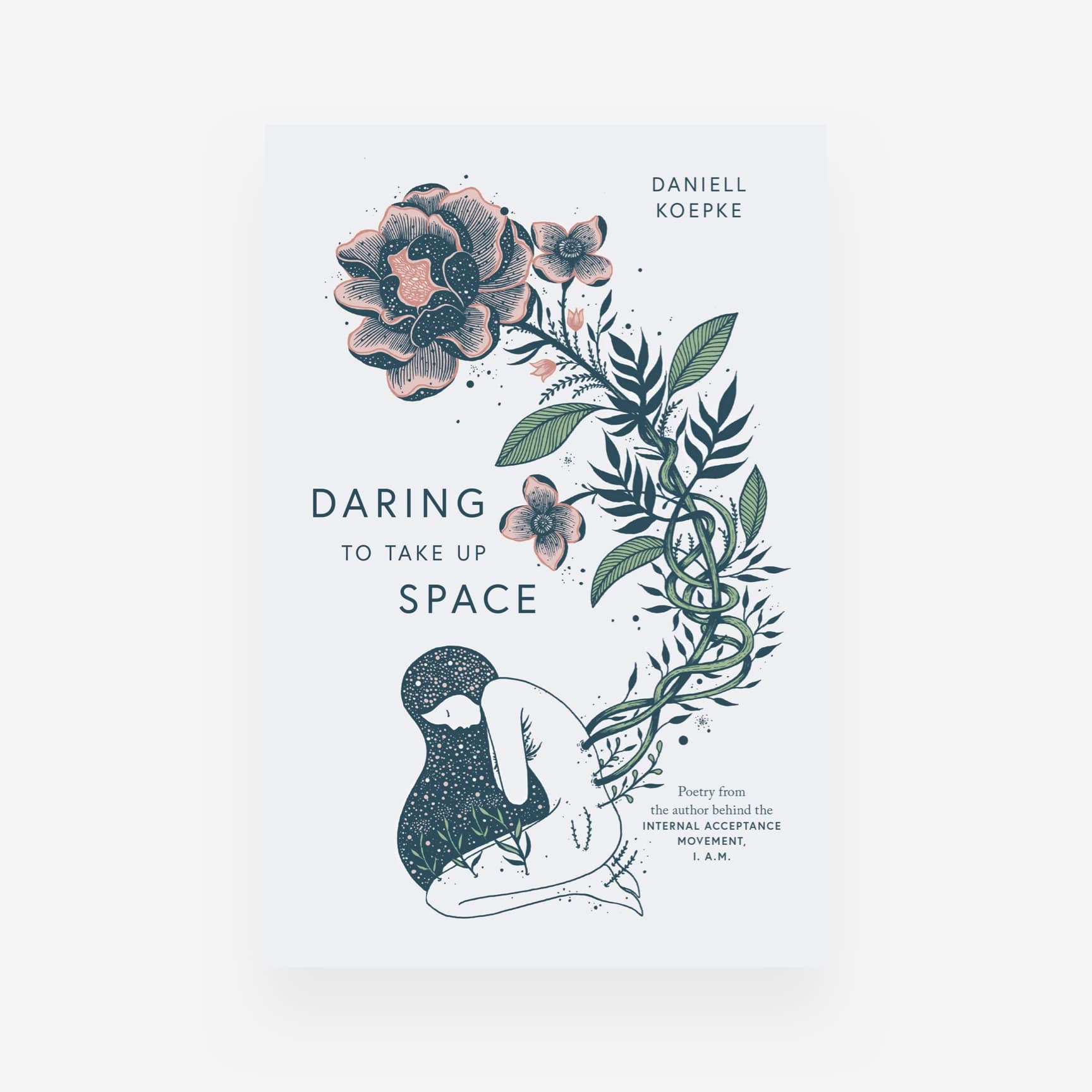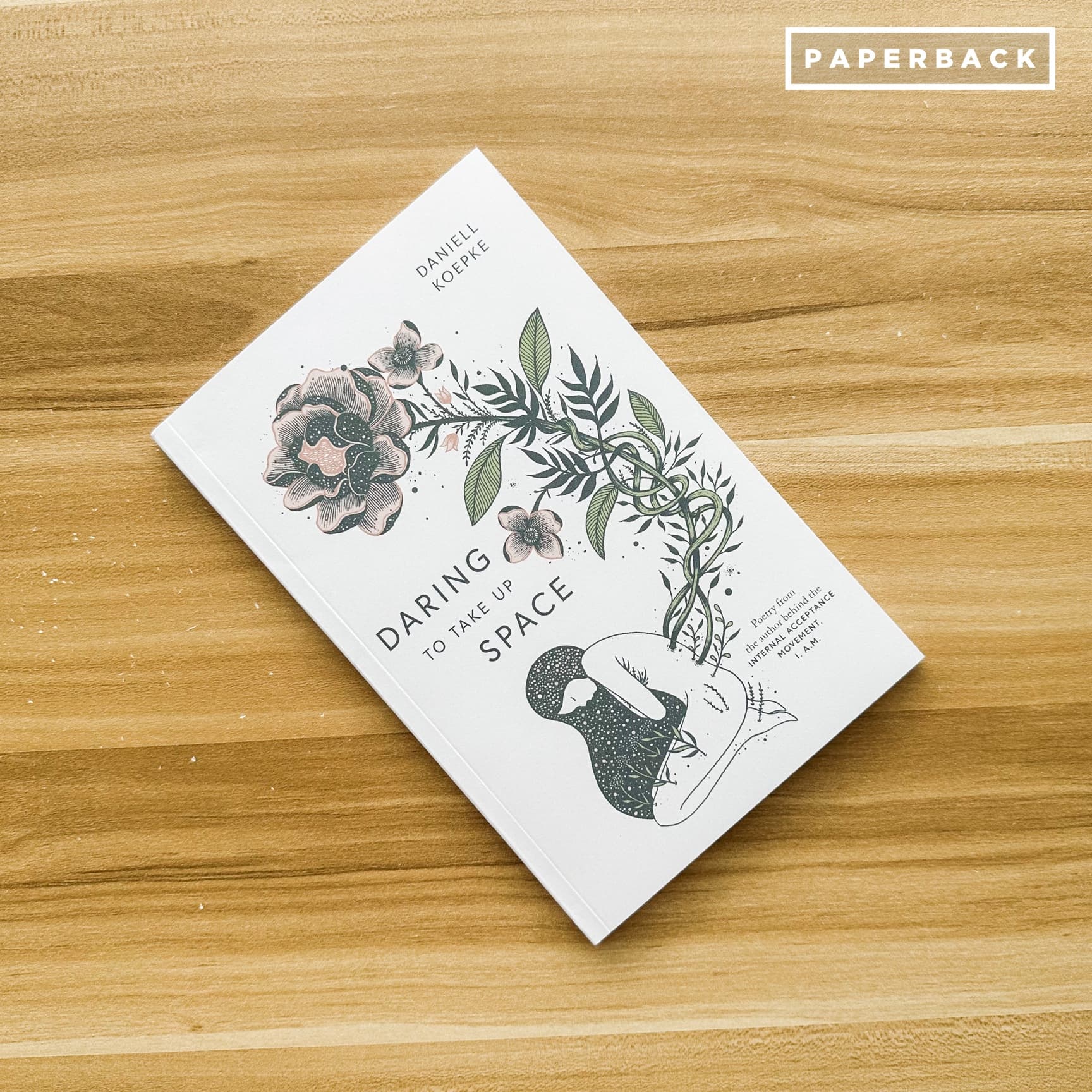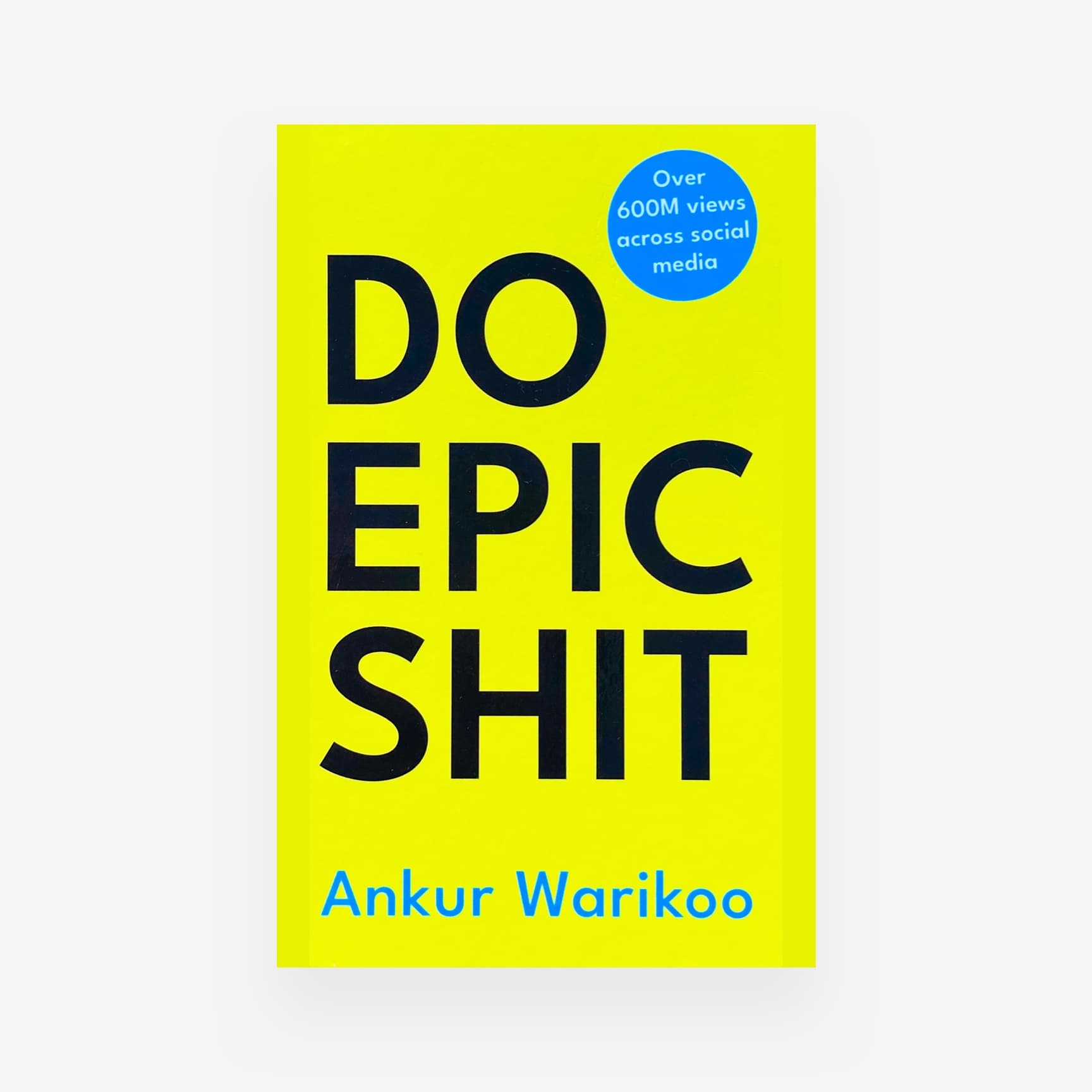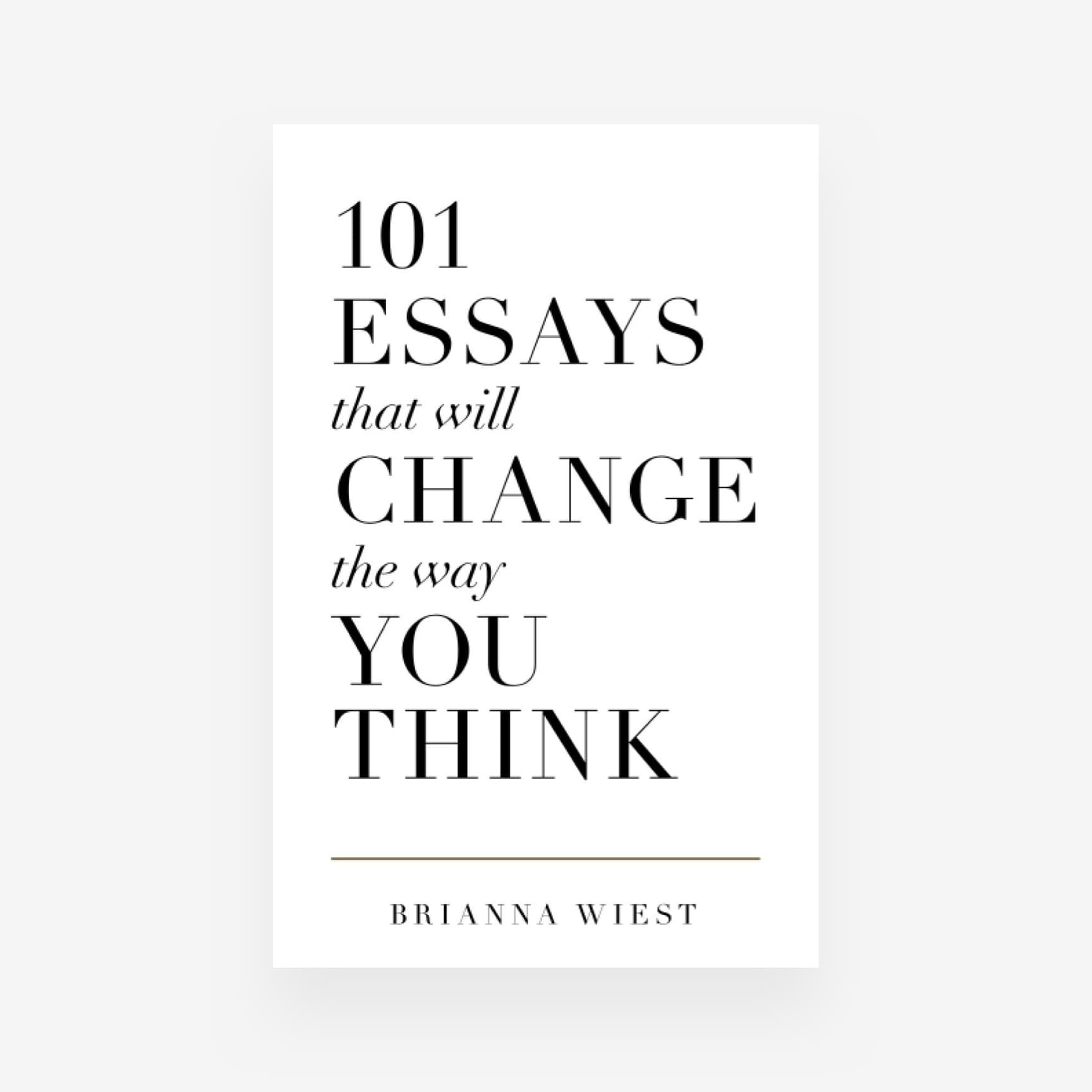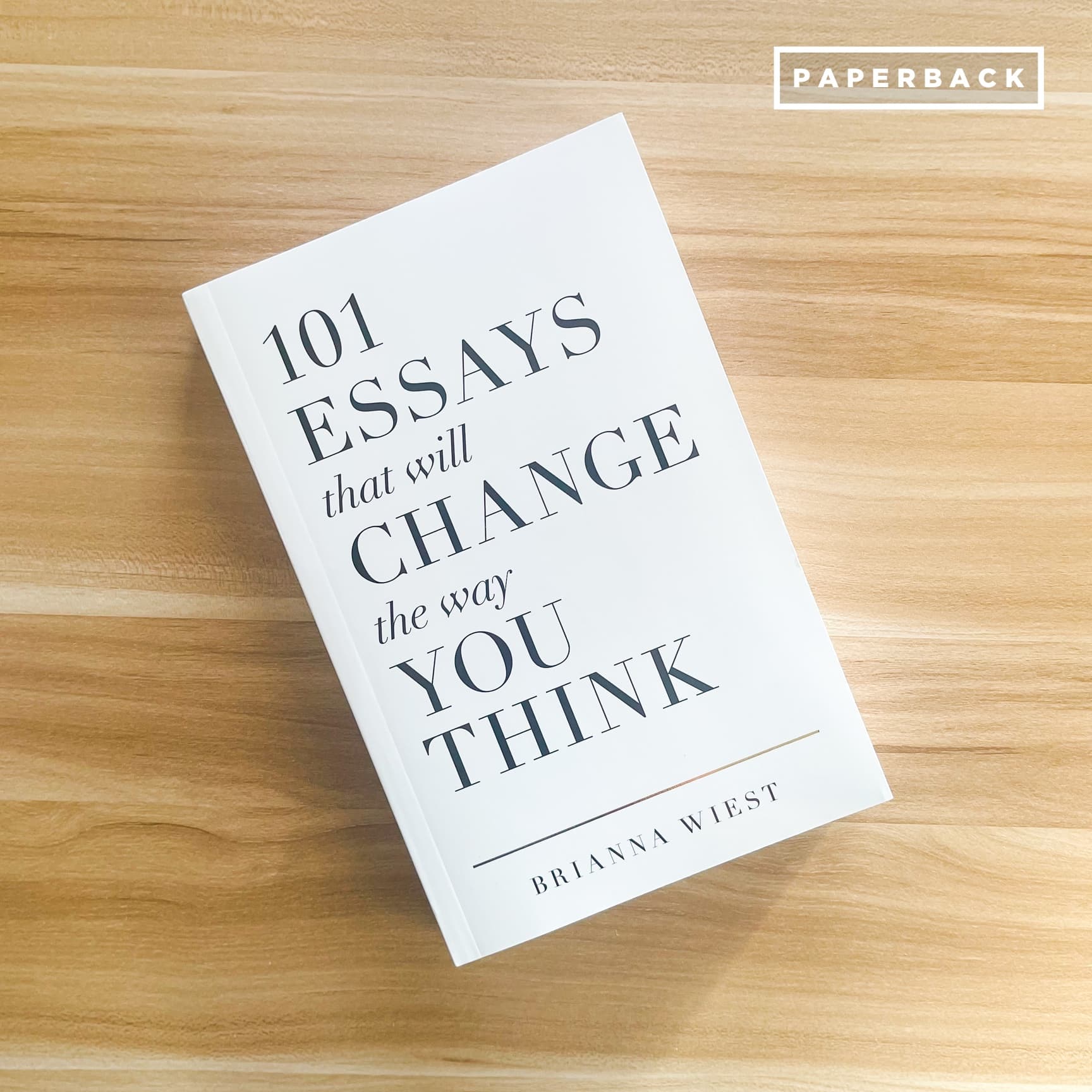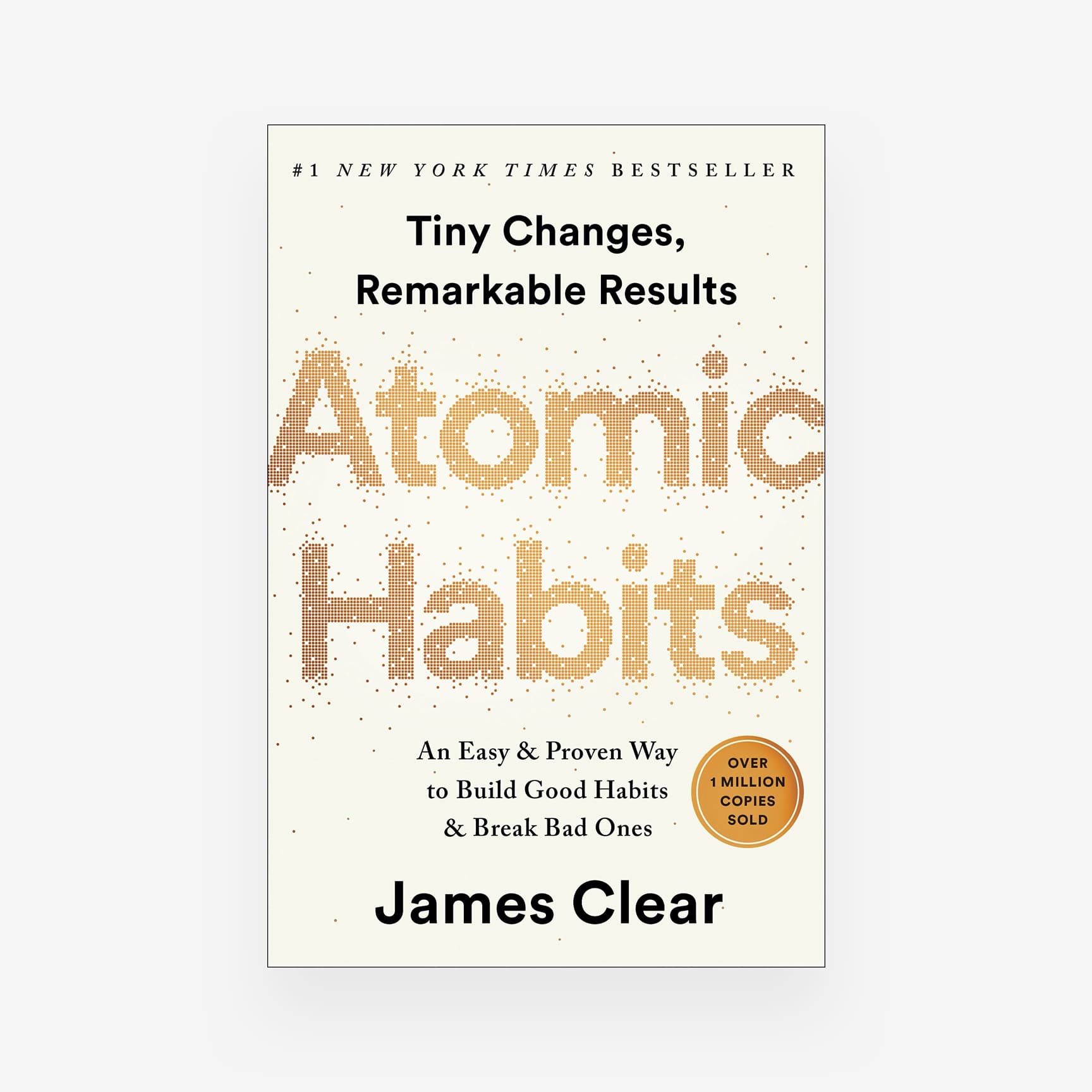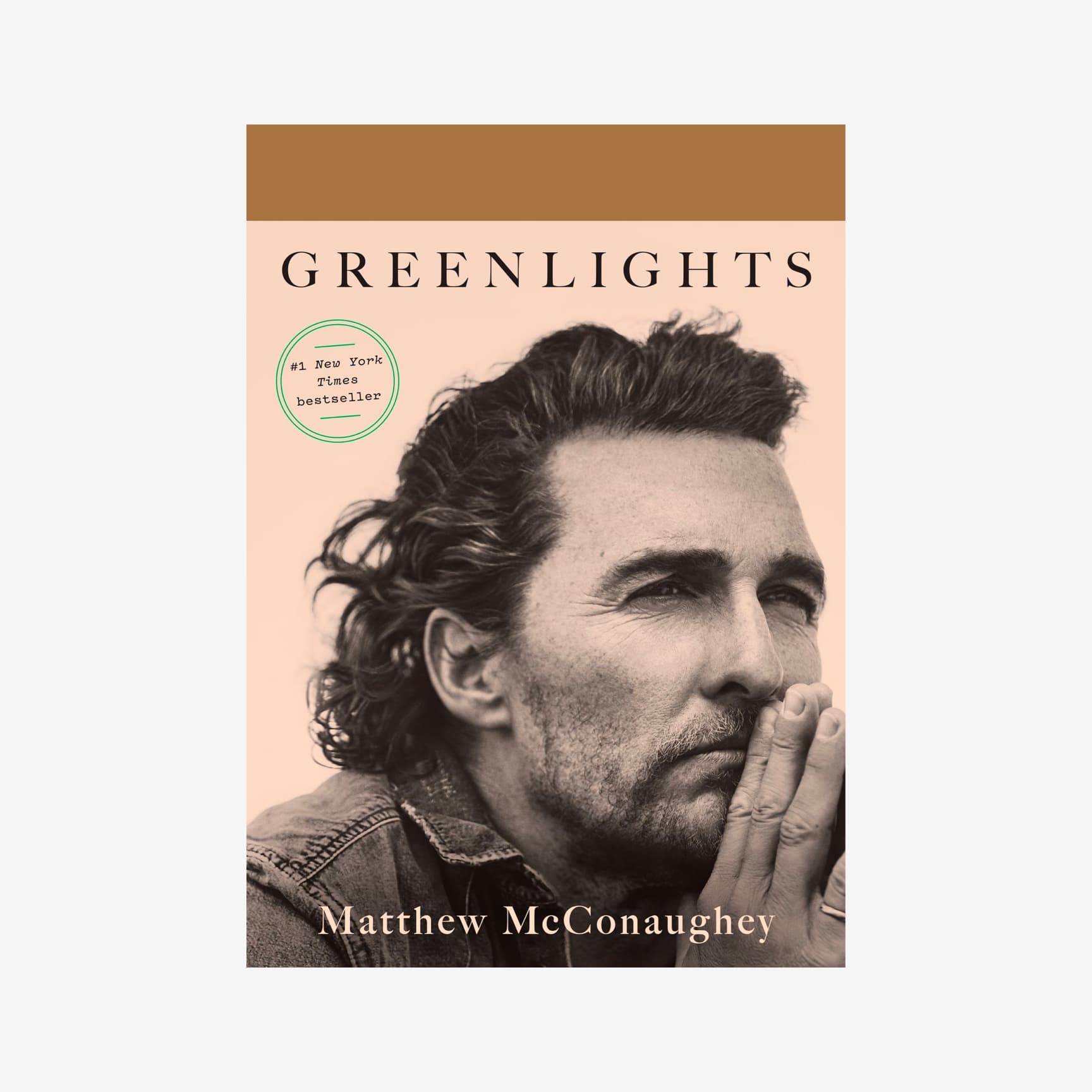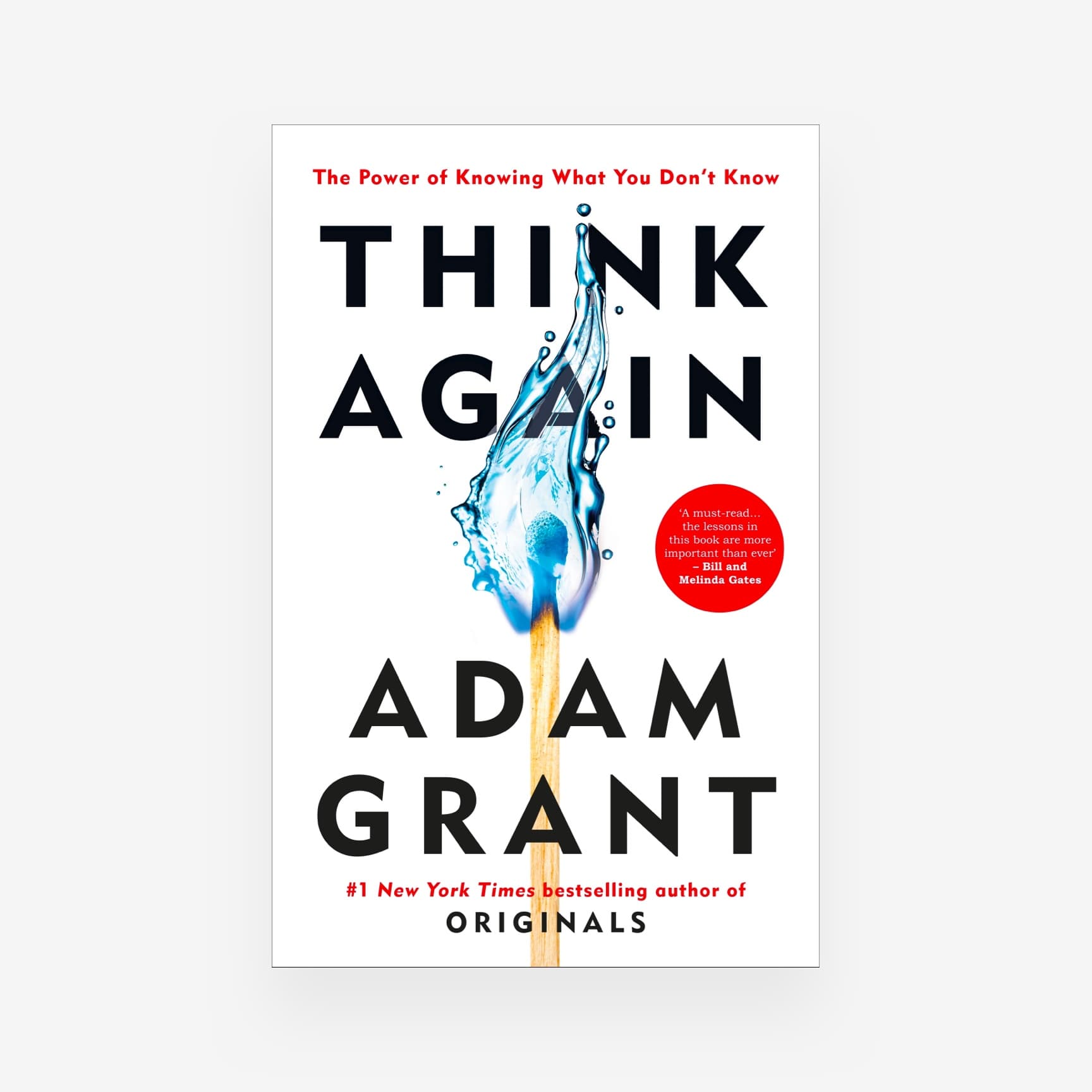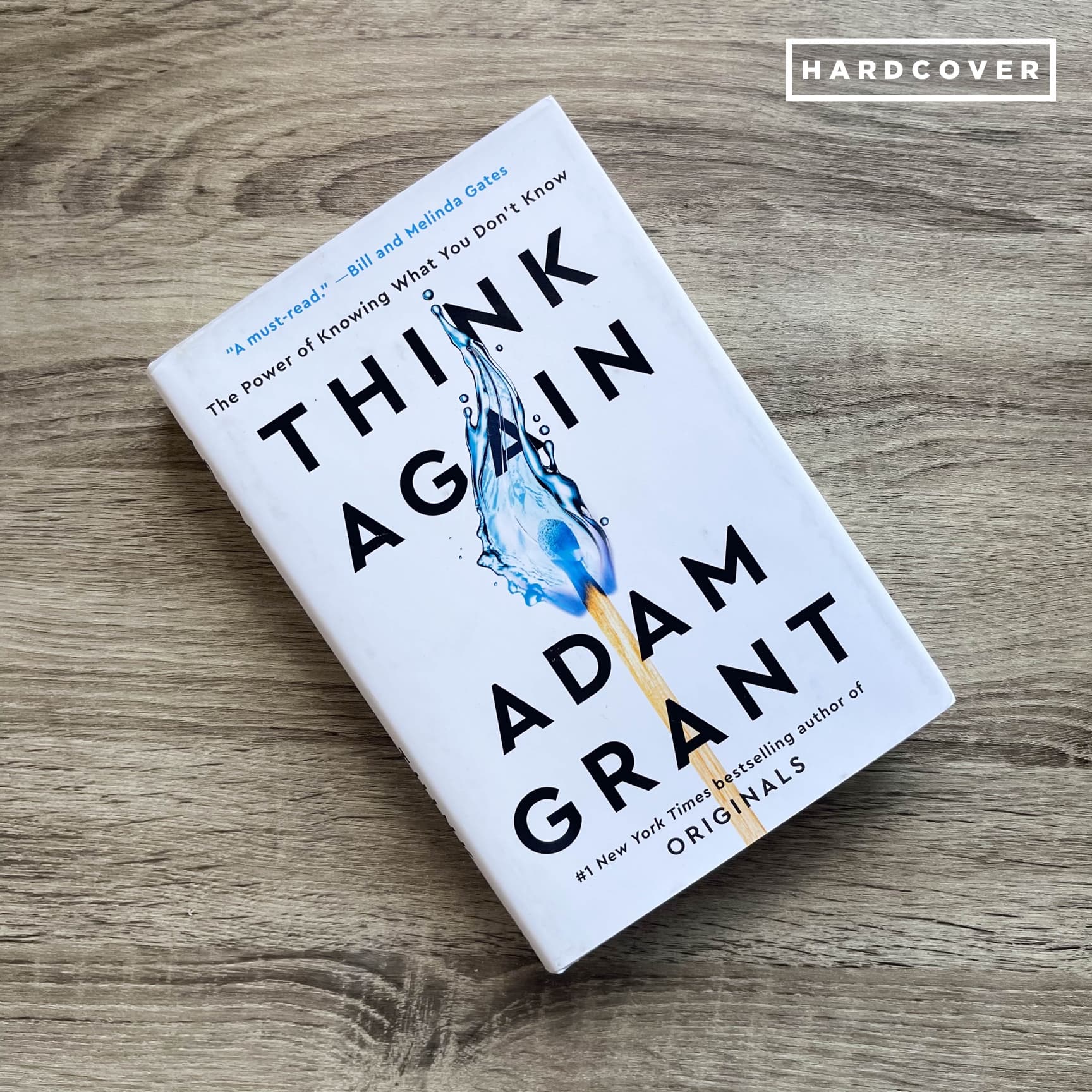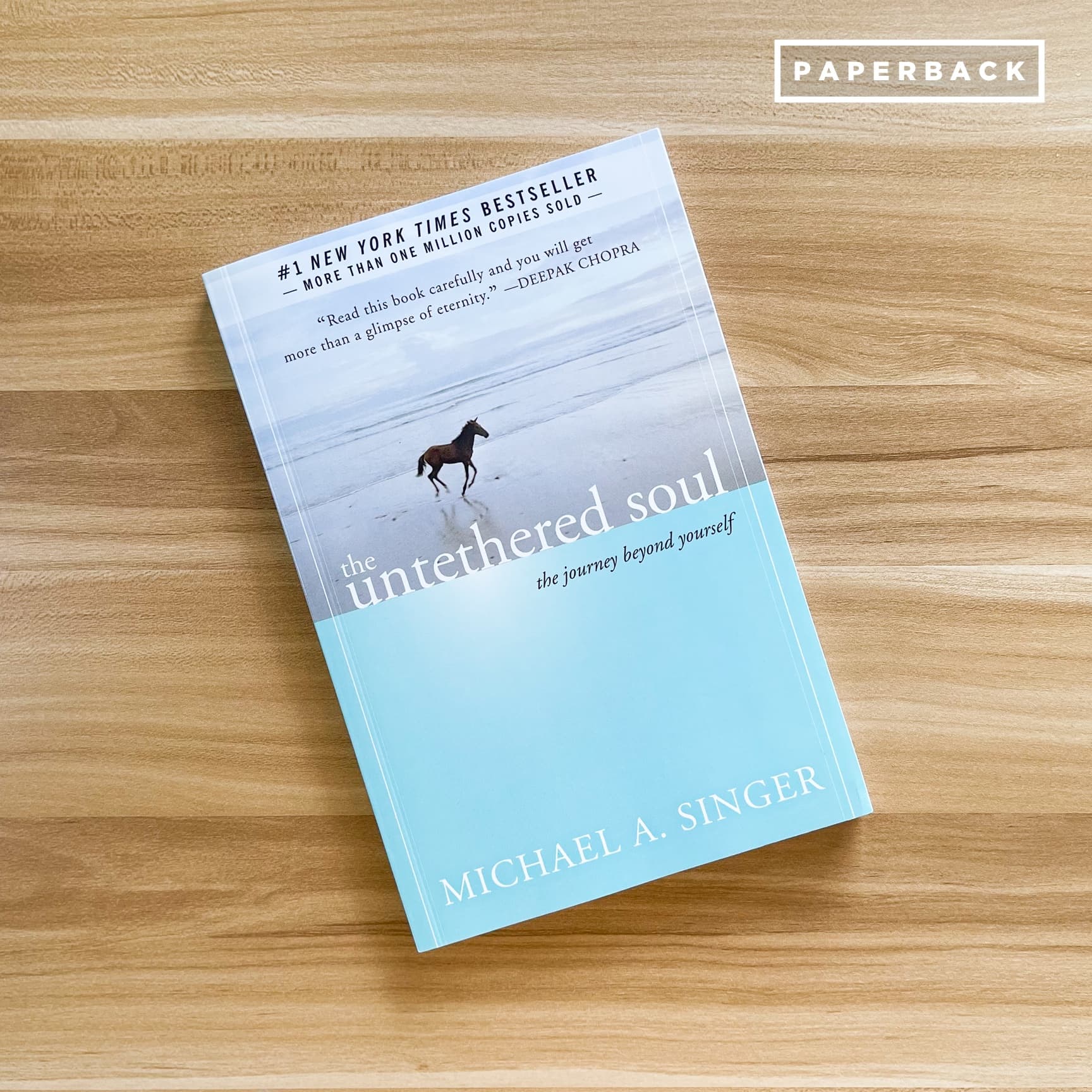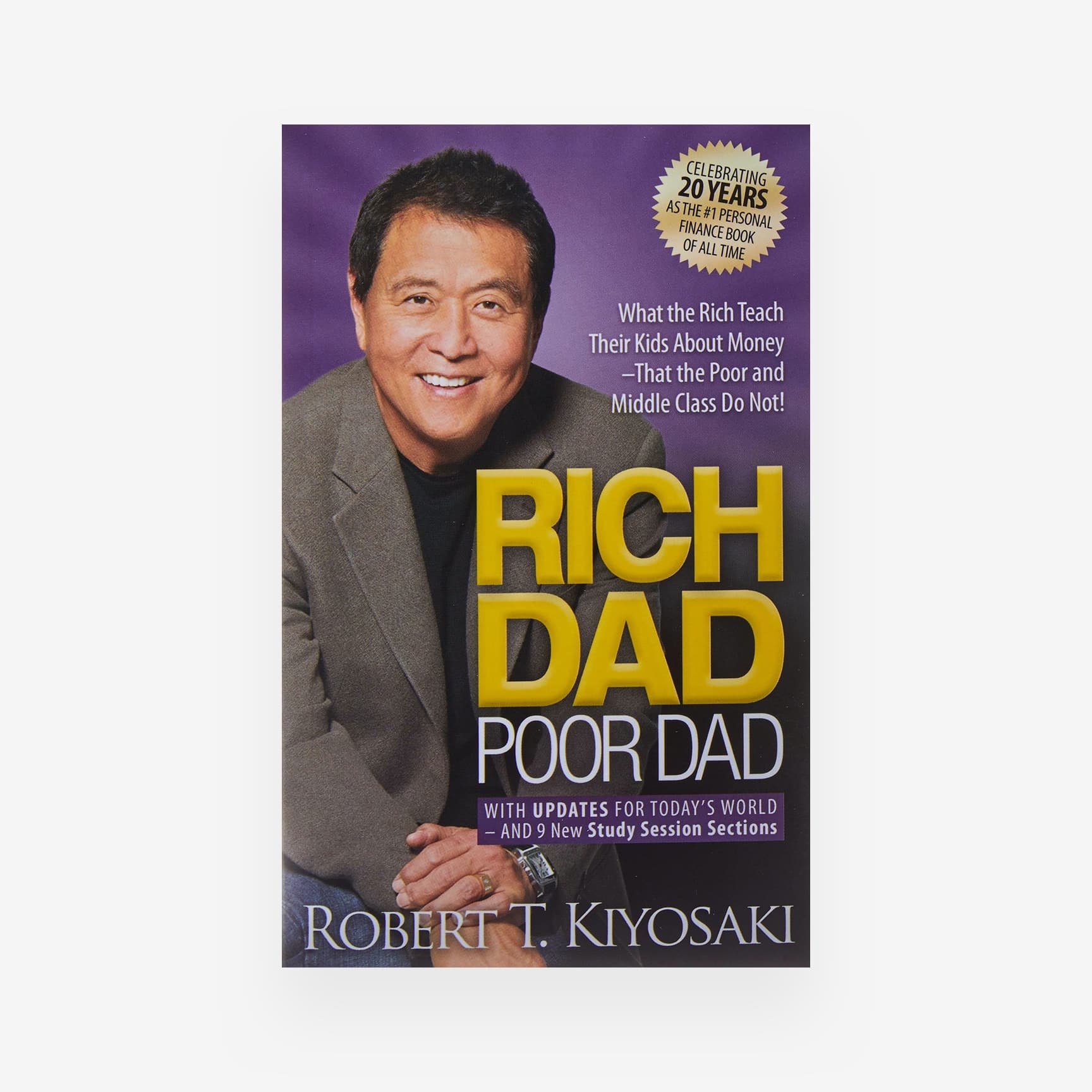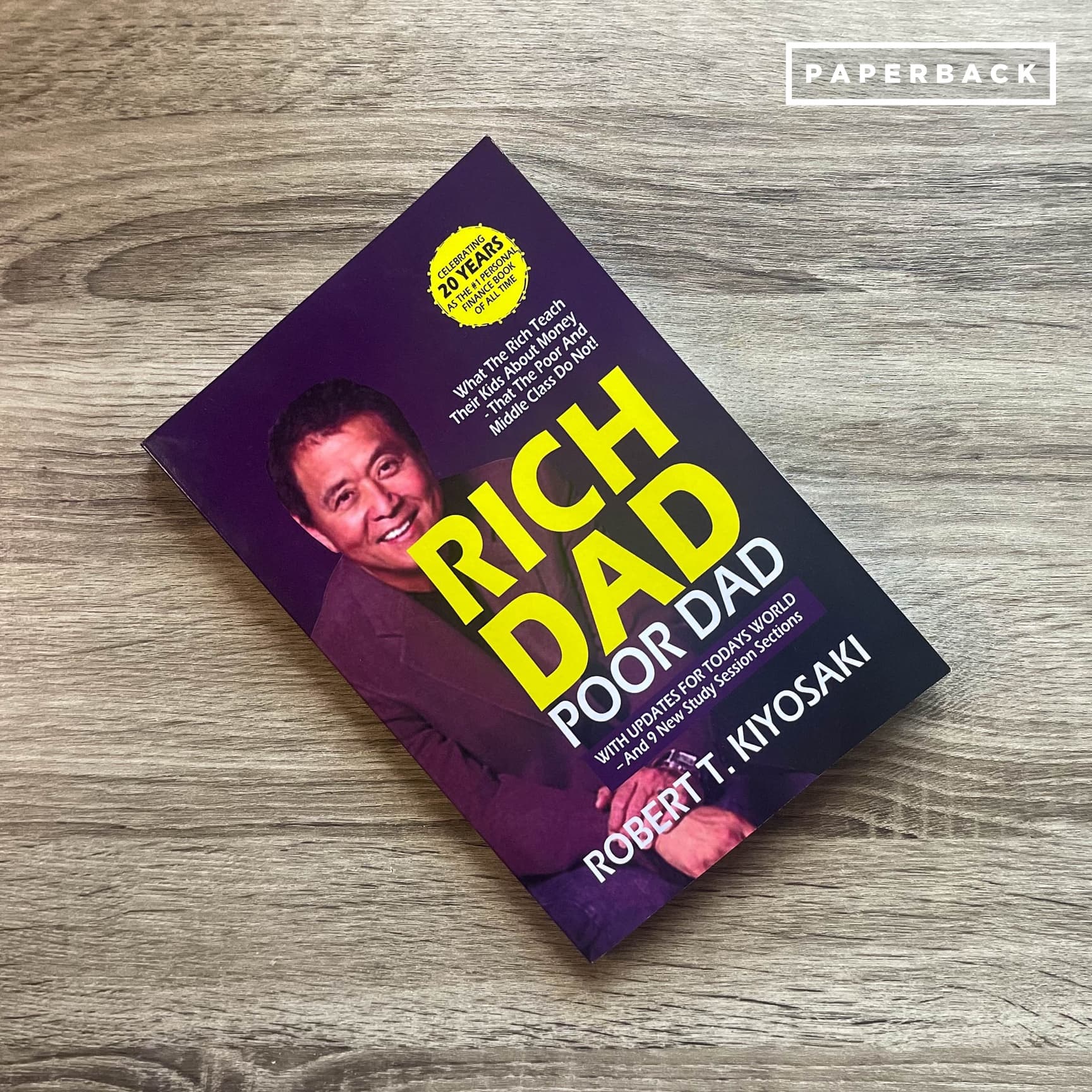For centuries, the written word has held a special place in human history. From ancient scrolls to modern paperbacks, books have served as gateways to knowledge, portals to fantastical worlds, and companions on life's journey.
But can books make you smarter? The answer, like a well-crafted mystery novel, unfolds with surprising twists and turns. Buckle up, aspiring leaders, because we're about to explore the fascinating relationship between reading and cognitive prowess.

Photo from the wires
1. Reading as a Mental Workout
Think of your brain as a muscle. The more you exercise it, the stronger and more adaptable it becomes. Reading throws a metaphorical protein shake at your cognitive gym, offering a workout that benefits you in several ways:
-
Neural Network Networking: As you navigate the twists and turns of a plot, decipher new vocabulary, and visualize scenes, you create new connections between brain cells. This strengthens existing pathways and builds new ones, leading to sharper thinking and improved memory. This neural network workout is a key reason why.
-
Concentration Camp: In today's world of constant distractions, focusing on a book is a superpower. Reading requires sustained concentration, which hones your ability to filter out background noise and stay engaged in a single task. This focus translates to other areas of life, making you a more effective learner and problem solver. Reading trains your brain to stay focused, a skill that benefits you in all aspects of life.
-
Vocabulary Victory: Every book is a treasure trove of new words. As you encounter unfamiliar terms, you not only learn their meaning but also absorb the context clues that unlock their usage. This ever-expanding vocabulary arsenal improves your communication skills and comprehension across disciplines. Can books make you smarter by simply giving you more words? Yes, and it also strengthens your ability to understand and use them effectively.
Suggested read: Why read every day— 7 Reasons For You To Read As A Habit
2. Knowledge is Power
Books aren't just brain teasers; they're knowledge cauldrons. Whether you're delving into historical accounts, scientific discoveries, or philosophical treatises, you're enriching your understanding of the world. This newfound knowledge fuels your intellectual engine in several ways:
-
Fact Finder: Non-fiction books transform you into a walking encyclopedia. From the intricacies of the human body to the evolution of galaxies, you'll gain a deeper understanding of various subjects, expanding your capacity for critical thinking and analysis. The more you know, the more you can analyze, question, and form your well-reasoned arguments.
-
Worldly Wanderer: Through fiction, you travel the globe and explore different cultures without leaving your armchair. You encounter diverse perspectives, grapple with complex moral dilemmas, and gain empathy for experiences different from your own. This broadens your worldview and fosters intellectual curiosity. Reading exposes you to a vast spectrum of human experience, making you a more well-rounded thinker.
-
Lifelong Learner: A love of reading cultivates a lifelong learning mindset. You develop a thirst for knowledge that goes beyond the classroom, prompting you to seek out new information and explore unfamiliar topics. This continuous learning journey keeps your mind sharp and adaptable. Can books make you smarter by fostering a love of learning? You bet! Reading is the gift that keeps on giving, as it equips you with the tools to learn and grow throughout your life.
3. Sharper than a Tack
The benefits of reading extend far beyond the act of turning a page. Here's how your newfound bookworm status can positively impact your cognitive abilities:
-
Memory Marvel: Studies suggest that regular reading can improve memory function and reduce the risk of age-related cognitive decline. Immersing yourself in a narrative strengthens your ability to retain information and sequence events, keeping your mind sharp for years to come. Reading strengthens the cognitive pathways that are essential for overall memory function.
-
Critical Thinker: As you engage with different viewpoints and complex storylines, you develop your critical thinking skills. You learn to analyze information, identify biases, and form your well-reasoned arguments. Can books make you smarter by making you a more critical thinker? Absolutely! Reading exposes you to diverse perspectives, forcing you to question assumptions and think for yourself.
-
Creative Catalyst: Reading ignites your imagination. By stepping into fictional worlds, you encounter new ideas, explore unfamiliar concepts, and spark your creative fire. This enhanced creativity can spill over into other aspects of your life, from problem-solving to artistic pursuits. Reading opens doors to new possibilities and fuels your ability to think outside the box.
4. Emotional Intelligence
Books aren't just about facts and figures; they're portals to the human experience. By stepping into the shoes of fictional characters, you develop your emotional intelligence (EQ). Here's how:
-
Understanding Emotions: As you navigate the characters' joys, sorrows, and struggles, you gain a deeper understanding of the human emotional spectrum. You learn to recognize emotions in yourself and others, fostering empathy and compassion. Can books make you smarter by attuning you to the emotional landscape? Absolutely! Reading allows you to experience a vast array of emotions vicariously, building your EQ.
-
Social Navigation: Books offer a safe space to explore complex social dynamics. You witness characters navigate conflict, build relationships, and overcome challenges. This vicarious experience equips you with social skills and enhances your ability to navigate your social interactions. Reading exposes you to a variety of social interactions, giving you a toolkit for navigating your own social life.
-
Perspective Powerhouse: Fiction exposes you to diverse viewpoints and walks of life. You encounter characters with different backgrounds, beliefs, and values. This broadens your perspective, fosters tolerance, and helps you connect with people from all walks of life.
5. De-Stress and Disconnect
In our fast-paced world, unwinding and de-stressing is essential. Curling up with a good book can be a surprisingly effective form of therapy:
-
Escape Hatch: Books offer a much-needed escape from daily pressures. Immersing yourself in a captivating story allows you to temporarily disconnect from worries and anxieties, promoting relaxation and reducing stress.
-
Mindfulness Magic: Reading requires focus and concentration, pulling your attention away from the constant mental chatter. This mindful state promotes inner peace and reduces rumination, leaving you feeling refreshed and centered. Reading allows you to enter a state of focused calm, a valuable skill in today's busy world.
-
Improved Sleep: The blue light emitted from electronic devices disrupts sleep patterns. Replacing screen time with reading before bed allows your mind to wind down, promoting better sleep quality and overall well-being.
Choosing the Right Books for You
Not all books are created equal when it comes to boosting brainpower. Here are some tips to maximize your intellectual gains:
-
Challenge Yourself: While comfort reads have their place, aim for books that push your vocabulary and introduce new concepts. Step outside your genre comfort zone and explore unfamiliar territory. Challenge yourself with diverse reading material to reap the full cognitive benefits.
-
Non-Fiction Focus: Balance fiction with non-fiction works to broaden your knowledge base. Delve into subjects that pique your curiosity, whether it's history, science, or philosophy. Non-fiction reading equips you with a solid foundation of knowledge across various disciplines.
-
Active Reading: Don't just passively consume words. Take notes, underline key passages, and engage in discussions about what you're reading. This active participation solidifies your understanding and strengthens the connections formed in your brain. Active reading is key to maximizing the cognitive benefits of books.
Suggested read:
The Final Verdict
So, can books make you smarter? The answer is a resounding yes but with a caveat. Reading is a journey, not a destination. The more you read, the more you'll benefit. It's not just about accumulating facts; it's about cultivating a love of learning, expanding your horizons, and keeping your mind sharp.
So, add that book you always wanted to read from Gregory Books PH, settle in, and embark on an intellectual adventure. But the impact of reading goes far beyond simply making you "smarter" in the traditional sense.


